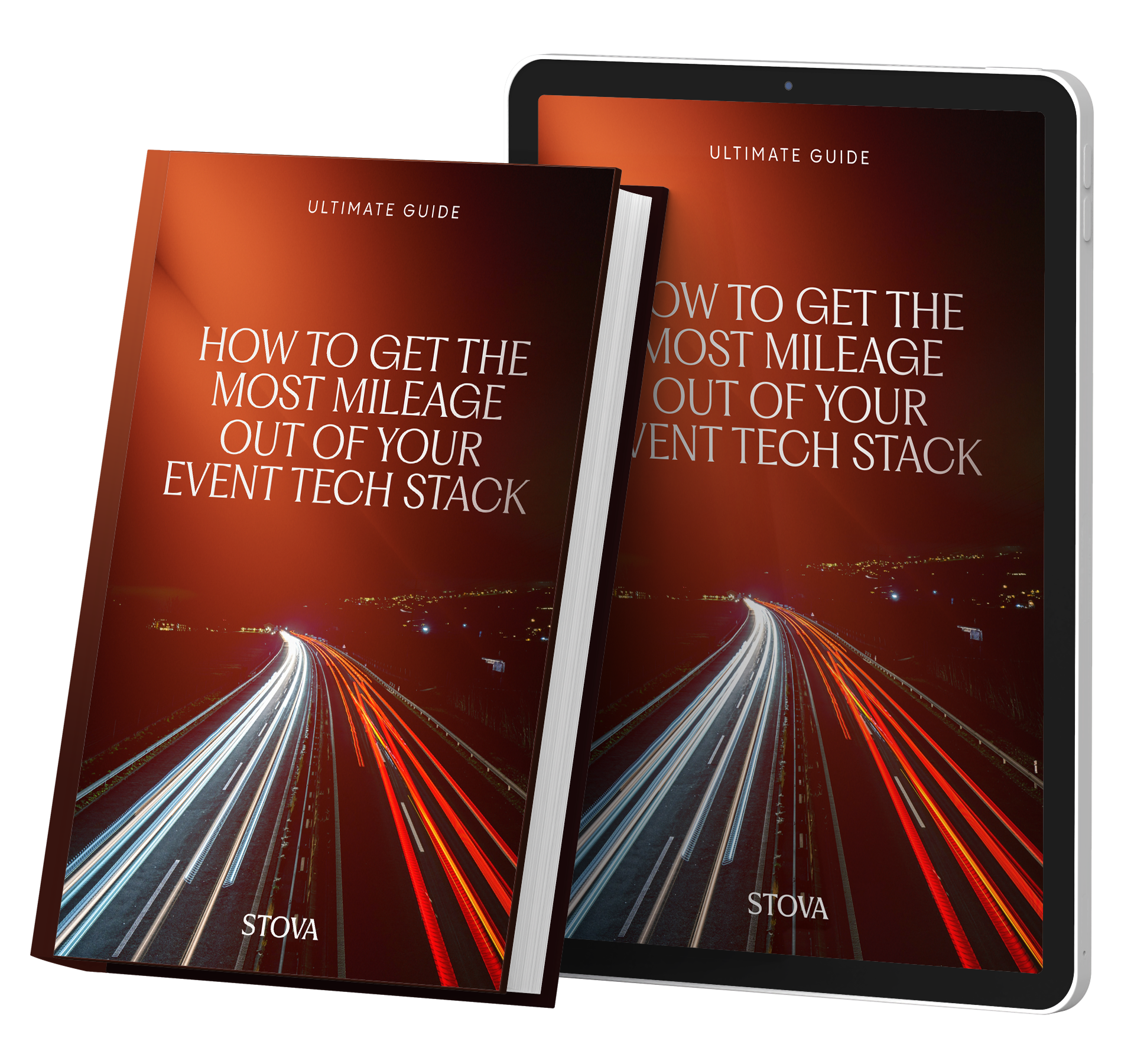Event Data Analytics: Leveraging Insights for Success
September 7, 2023
In today's digital age, data is often hailed as the new oil, a precious resource that can fuel innovation and drive success. This analogy rings especially true in the realm of event management, where the meticulous analysis of event data can make the difference between a lackluster gathering and a resounding success. Event data analytics, a powerful tool in the event planner's arsenal, empowers organizers to not only understand their audience better but also optimize every aspect of their events.
In this article, we delve into the world of event data analytics and explore how leveraging insights from data can pave the way for event success.

The Rise of Event Data Analytics
Gone are the days when event success was measured solely by attendance numbers and guest satisfaction surveys. Today, event planners have access to a wealth of data that can be harnessed to make more informed decisions. From ticket sales and social media engagement to attendee demographics and feedback, the data generated before, during, and after an event provides valuable insights that can shape the entire event lifecycle.
One of the primary drivers behind the rise of event data analytics is the increasing digitization of events. With virtual and hybrid events, there is an even greater opportunity to gather data at every touchpoint. Each click, comment, and interaction can be tracked, offering a comprehensive view of attendee behavior and preferences. This wealth of data can be harnessed to create more engaging and tailored experiences for attendees.
Understanding Your Audience
At the heart of event data analytics is the quest to understand your audience on a deeper level. Who are your attendees? What are their interests, preferences, and pain points? By analyzing data on attendee demographics, registration information, and previous interactions with your brand, you can create attendee personas that serve as a foundation for event planning.
Furthermore, event data analytics can help you identify trends and patterns in attendee behavior. Are certain sessions more popular than others? Do attendees tend to drop off at a particular point in a virtual event? Armed with this knowledge, you can fine-tune your event agenda and content to better cater to your audience's needs and interests.
Optimizing the Event Experience
Event data analytics is not limited to understanding your audience; it also extends to optimizing the event experience itself. For in-person events, data can be used to monitor crowd flow, track session attendance, and even adjust temperature and lighting conditions based on attendee comfort. In virtual events, real-time analytics can help you identify technical issues and address them promptly, ensuring a seamless online experience.
Personalization is another key area where event data analytics shines. By leveraging attendee data, you can tailor event communications, recommend relevant sessions, and even offer personalized post-event content. This not only enhances the attendee experience but also fosters a stronger connection between your audience and your brand.

Measuring ROI and Future Planning
No successful event is complete without a robust post-event analysis. Event data analytics enables you to measure the return on investment (ROI) for your event by tracking metrics such as ticket sales, leads generated, and attendee engagement. This information is invaluable for demonstrating the impact of your event to stakeholders and sponsors.
Moreover, event data can guide your future event planning efforts. By identifying what worked well and what could be improved, you can refine your event strategy for future iterations. This iterative approach based on data-driven insights ensures that each event is better than the last, fostering long-term success.
Ethical Considerations
As we harness the power of event data analytics, it is essential to address the ethical considerations surrounding data collection and privacy. Attendees' data must be handled responsibly and in compliance with relevant regulations, such as GDPR and CCPA. Transparent data policies and consent mechanisms should be in place to protect attendees' rights and build trust.
In Conclusion
In the ever-evolving landscape of event management, data is the compass that guides us towards success. Event data analytics empowers organizers to understand their audience, optimize the event experience, measure ROI, and plan for the future. It's a journey that requires a commitment to data-driven decision-making, ethical data handling, and a relentless pursuit of excellence. As we continue to unlock the potential of event data analytics, we can look forward to creating more memorable and impactful events that leave a lasting impression on attendees and stakeholders alike.
Ready to learn more?
Whether your event is virtual, hybrid, or in-person, enhance your attendee’s journey with an event ecosystem built for your audience. Ready to walk through Stova's event technology solutions? Schedule some time with us today.


